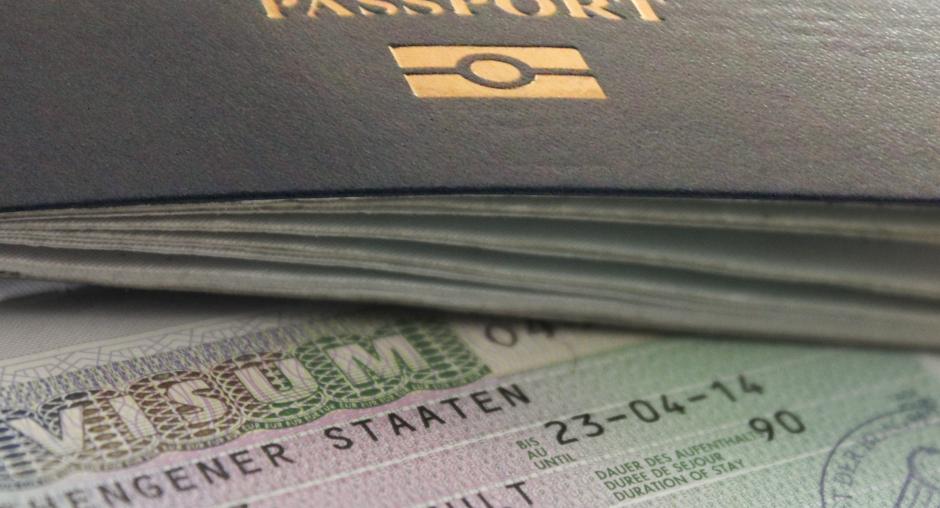OSCE/ODIHR provides assessment of migrant integration policies in Armenia

A number of laws and policies are in place in Armenia to promote the integration of migrants into society, but more steps could be taken to make further improvements, concludes an assessment prepared by the OSCE Office for Democratic Institutions and Human Rights (ODIHR) in co-operation with the non-governmental organization Migration Policy Group and presented in Yerevan on 23 October 2013.
The assessment notes that opportunities such as the right to apply for permanent residency and to vote in local elections, as well as to hold dual citizenship, aid immigrants and family members who join them in Armenia in integrating.
At the same time, the assessment concludes that the absence of a dedicated anti-discrimination law and an independent agency for promoting equality creates a challenging environment for immigrants. There is also often a lack of targeted state support for immigrants in finding employment, enrolling children in education and participating in political decision-making.
“Realizing the challenges posed by population movement to and from Armenia, this report should serve as a useful tool for identifying, in close co-operation with the national agencies, the areas for our further activities in the area of migration management,” Ambassador Andrey Sorokin, Head of the OSCE Office in Yerevan, said at the roundtable discussion to launch the assessment.
“The facilitation of migrant integration is still a relatively new issue for many OSCE participating States,” said Nathalie Tagwerker, Deputy Head of the ODIHR Democratization Department. “This assessment provides national authorities in Armenia with a good basis to further develop and improve their legislation, and to take concrete policy measures in the area of migrant integration in line with OSCE commitments.”
The assessment was prepared upon request of the Armenian authorities. It was produced based on the Migrant Integration Policy Index (MIPEX) methodology, developed by the Migration Policy Group. Its criteria reflect all relevant OSCE commitments and are based directly on other international standards. To date, the MIPEX assessment has been undertaken in 32 OSCE participating States.
